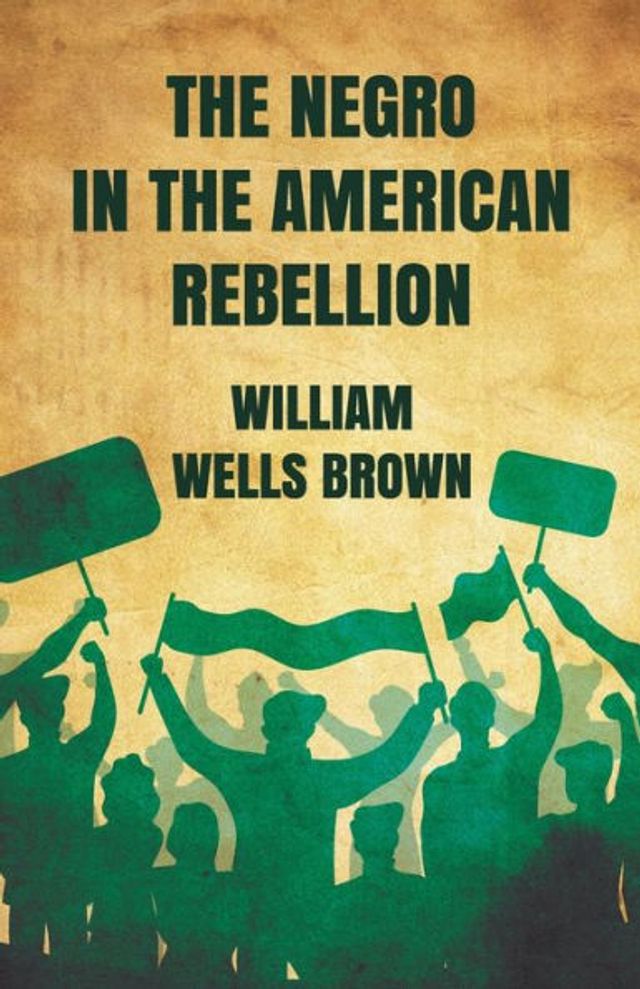Home
Lincoln And The Negro
Loading Inventory...
Barnes and Noble
Lincoln And The Negro
Current price: $21.99


Barnes and Noble
Lincoln And The Negro
Current price: $21.99
Loading Inventory...
Size: OS
*Product Information may vary - to confirm product availability, pricing, and additional information please contact Barnes and Noble
First published in 1962,
Lincoln and the Negro
was the first book to examine in detail how Lincoln faced the problem of the status of black people in American democracy, and it remains unsurpassed. Starting with Lincoln's childhood attitudes, Benjamin Quarles traces the development of Lincoln's thought in relation to the African American, a development which was to culminate in the Emancipation Proclamation. Concerned at first with methods of colonization outside the United States, Lincoln came later to advocate not only emancipation of the slaves, but also equal political rights for them. In addition, he was the first president to invite black Americans to the White House and to treat them as equals. Black attitudes towards Lincoln evolved almost as much Lincoln's own attitude. When he was first elected, blacks expected very little from Lincoln. But he slowly gained their respectby recognition of individual African Americans, by placing them in the Union Army, and ultimately by the Emancipation Proclamation. His assassination served to enshrine him as a hero for the newly freed slaves.
Lincoln and the Negro,
in examining both sides of the relationship, is a vitally important contribution to our understanding of Abraham Lincoln and of American democracy itself.
Lincoln and the Negro
was the first book to examine in detail how Lincoln faced the problem of the status of black people in American democracy, and it remains unsurpassed. Starting with Lincoln's childhood attitudes, Benjamin Quarles traces the development of Lincoln's thought in relation to the African American, a development which was to culminate in the Emancipation Proclamation. Concerned at first with methods of colonization outside the United States, Lincoln came later to advocate not only emancipation of the slaves, but also equal political rights for them. In addition, he was the first president to invite black Americans to the White House and to treat them as equals. Black attitudes towards Lincoln evolved almost as much Lincoln's own attitude. When he was first elected, blacks expected very little from Lincoln. But he slowly gained their respectby recognition of individual African Americans, by placing them in the Union Army, and ultimately by the Emancipation Proclamation. His assassination served to enshrine him as a hero for the newly freed slaves.
Lincoln and the Negro,
in examining both sides of the relationship, is a vitally important contribution to our understanding of Abraham Lincoln and of American democracy itself.


















